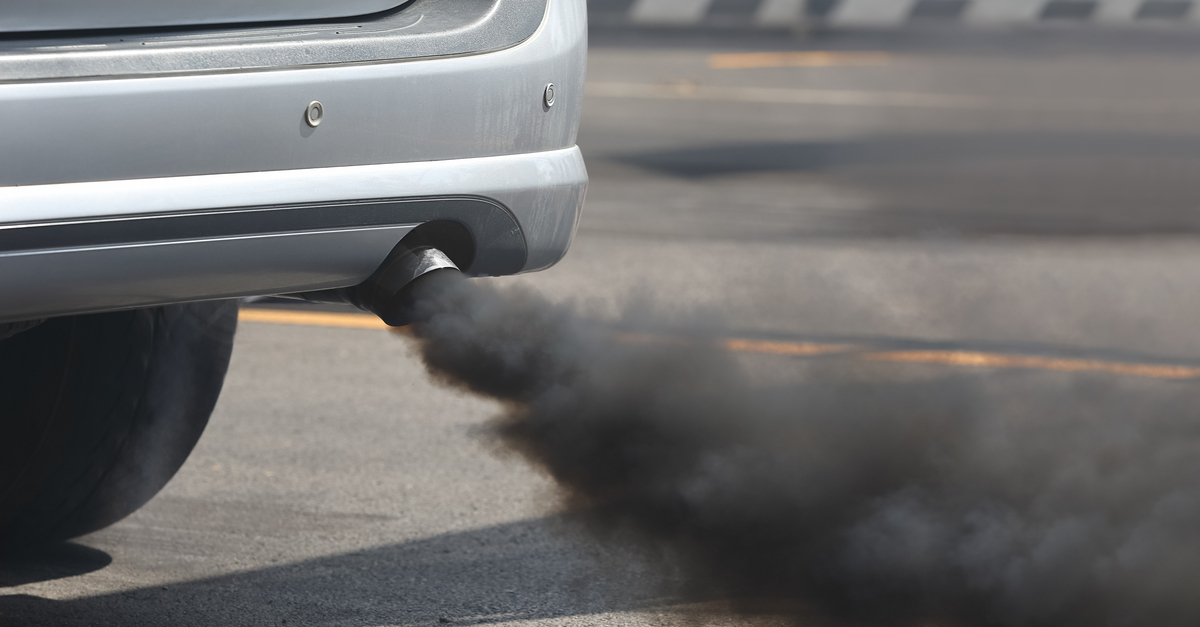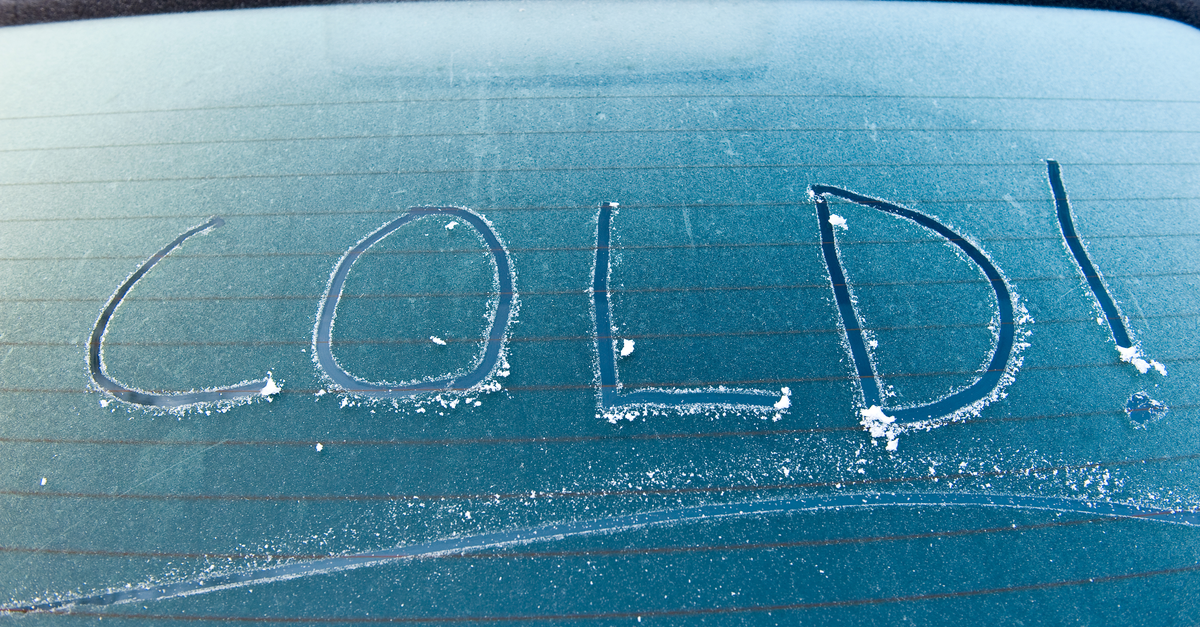Posted on 1/15/2021

Driving with bad brakes is not just a bad idea. It is also dangerous. Luckily, most drivers can tell when something is wrong with them. However, they may not know what caused it. So, what are the easiest ways to tell your brakes need to be replaced? Not to mention, how have your driving habits affected them? WHEN SHOULD YOU CONSIDER A BRAKE REPAIR JOB? As long as you pay attention, noticing a pair of bad brakes is not too difficult. If you notice any of the following issues, take your car to a shop ASAP. That way, mechanics can identify the issue. Then, you can fix it. · The Brake Pedal Is Too Soft · Pressing the Pedal Is Too Hard · The Vehicle Shakes or Vibrates When Braking · The Brake Light Never Turns Off · Burning Smell WHAT CAUSES THESE PROBLEMS? Generally speaking, the way you drive impacts how quickly your brakes wear down. By improving your driving habits, you prolong your brake's life. There are various driving habits are all detrimental ... read more
Posted on 1/1/2021

It is important to anticipate the warning signs of a bad transmission so that you can effectively address the situation as soon as possible with a transmission repair. Having a realistic expectation of the pricing helps to prevent any surprises when you get the bill. This transmission repair is usually a fairly steep one, but promptly assessing and addressing the transmission will potentially save you stress and money. Just because your vehicle is having transmission issues, does not mean you will have to replace the entire system. There are some warning signs that can allow you to get the car in before it becomes a catastrophic nightmare issue. A DECLINE IN SHIFT QUALITY AND OVERALL FEEL Pay attention to the feel of your vehicle when switching gears and it will pay dividends by getting it in early. Clunky and strange shift patterns may be indicative of a major problem with the transmission. When speeding up the car should run smoothly, but if it seems like the transmission is strugg ... read more
Posted on 12/15/2020

The exhaust system is made up of pipes that draw gases from the engine to the outside without harming the car users. Before the gases are emitted into the environment, the exhaust will remove the harmful substances from the gas. That is done to reduce the chances of high pollution in the environment. The system is made up of pipes, hangers, clamps, and sensors that collaborate to make sure that the emitted gases do not suffocate the vehicle users. A sound exhaust channel will also make sure that the engine works in good condition. Like any other part of a vehicle, the exhaust channel will develop issues that may damage the engine. It is therefore crucial that you give your vehicle service to ensure that everything is working in order. Significant parts of the system and what they do include: · The Manifold - It collects the gases emitted in the engine combustion chambers and directs them to the exhaust pipe. · The Converter - Using several catalysts, the converter turn ... read more
Posted on 12/1/2020

Many vehicle owners go through the seasons without giving more thought to the stance of their vehicles than when driving in warmer weather, when elevated concern is sometimes necessary. It is important to pay attention to your car and be proactive about repair during the winter or colder weather in general because cold weather can affect vehicles differently. Here are auto situations that compromise safety more frequently when it is cold: · Car accidents increase, which can translate into collision repair needs. · The cold weather may prompt internal issues with your vehicle, calling for increased general auto repair needs. WHY DO REPAIR NEEDS INCREASE IN THE COLD, AND WHAT CAN YOU DO ABOUT IT? Car accidents happen during the winter for all sorts of reasons including road conditions, weather conditions in general such as slippery roads, darker nights and mornings, as well as rain and snow depending on where you are travelling. For this reason, it is important your car ... read more
Posted on 11/15/2020

An alignment is not always noticeable. You may be driving down the highway only to suddenly realize that you are veering to the left for no reason at all. The answer could be because of a bad wheel alignment. While it may seem like a simple solution to just over-correct your steering, allowing your car to suffer from a bad wheel alignment can snowball and create other bad effects on your car. Here are a few symptoms of a bad wheel alignment and what it can means for your car. COMMON BAD ALIGNMENT INDICATORS Some common signs that your car is misaligned are: · Vehicle pulls to left or right · Tires make a squealing sound · Tire wear is uneven · Steering wheel isn't aligned with the tires Let us look at these signs in more detail. 1. VEHICLE PULLS TO LEFT OR RIGHT This is most noticeable when you are driving. If you are heading down the street and you find your car drifting, despite holding the wheel in the straight direction, then it is due to a ... read more